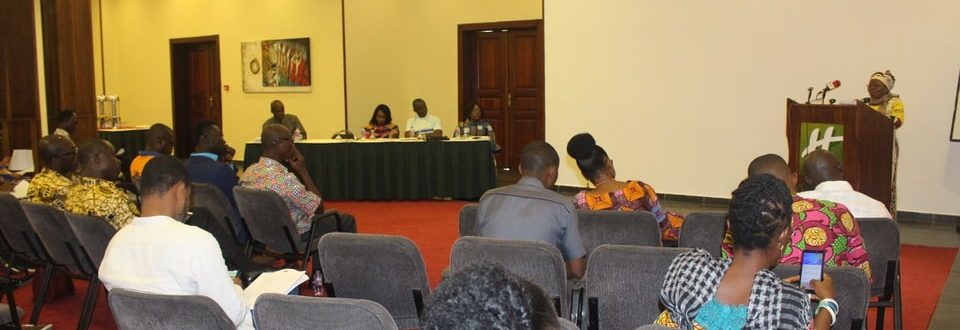The state of Ghana seed and fertilizer industry.
Access and utilization of high-quality inputs (seeds and fertilizer) are a major determinant of successful crop farming and prerequisite to the success of the government flagship agricultural programme “Planting for Food and Jobs”. Unfortunately, the seed industry in Ghana continues to face many challenges.
Considering the importance of the seed industries in agricultural development, Peasant Farmers Association of Ghana was expecting increased budget allocation to address the constraints to ensure production and accessibility of quality seeds.
Constraints
• Low investment in the local seed growers
• Limited investment in research institutions who support in breeding and dissemination of improved seeds
• Inadequate resources to support both public service agencies and the fledgeling private seed entities
• Commercial dimensions of seed business have remained very narrow and certified seeds produced and distributed makeup approximately 11%of total seed used, even for government promoted crops such as maize, soya and rice (PFAG, 2017).
• In 2017, government supported farmers with subsidized seeds under the Planting for Food and Jobs (PFJ)Programme. Unfortunately, more than 80% of the seeds were imported. Due to late procurement processes, the importation delayed leading to limited uptake.
• As at 20th November 2017, there were still stocks of seeds at the district directorate of agriculture. Bearing in mind that unlike grains, seeds are required to be kept under specified conditions to maintain its viability, thus seeds stocks might have lost their potency 2018 budget and allocation to the seed sector Considering the importance of the seed industries in agricultural development, Peasant Farmers Association of Ghana was expecting increased budget allocation to address the constraints to ensure production and accessibility of quality seeds. Unfortunately, there is no specific allocation of resources in support of the seed sector. The following were what reflected in the budget:
• Government will promote certified seeds and planting material development in 2018. Specifically, 2,250 metric tonnes of maize seed, 600 mt of rice and 100mt of sorghum will be developed. 390mt certified legumes seeds, including cowpea, soyabean and groundnut will be produced and distributed to farmers
• 1,200,000 cassava cuttings and 50,000 yam mini setts, 3,000 plantain suckers and 3,000 seedlings of citrus will be produced and distributed to farmers.
• Efficient, cost-effective and targeted supply of free hybrid cocoa seedlings to farmers is being carried out. PFAG concerns Peasant Farmers Association is concern about how the government will achieve the above targets without specified amount allocation for seed production in the budget.
PFAG wishes for government to create the necessary condition to build the capacities of local seed producers rather than relying on imports as it was the case in 2017 planting season. The PFAG is particularly concerned with the silence of the 2018 sources of funding and strategies to offset money owed to suppliers of seeds and fertilizer in the 2017 planting for Food and Jobs programme. The delay may affect input supply in 2018. PFAG wish government initiate early negotiations with suppliers of subsidized fertilizers and seeds for 2018 to forestall delays and make it possible for the inputs to be in stock in the regions and districts prior to the 2018 major planting season. There is also no specified resources allocated for research scientists to come up with new innovations such as improved local seed production, discovery of pest and disease control, soil nutrients suitability test as well as improved agronomic practices. Finally, PFAG appealed to the government to ensure that all the leftover seeds from the previous planting season which are still in the custody of the district agriculture offices be disposed of with immediate effect. Any attempt to supply them to farmers in 2018 will come with serious resistance since they may lose their potency.


leave a comment
You must be logged in to post a comment.